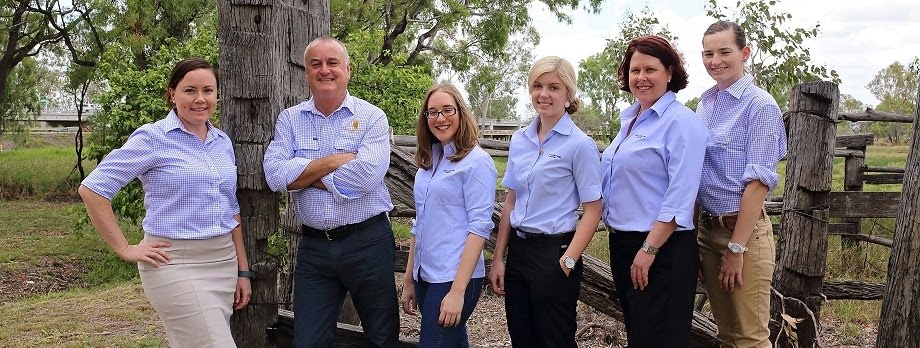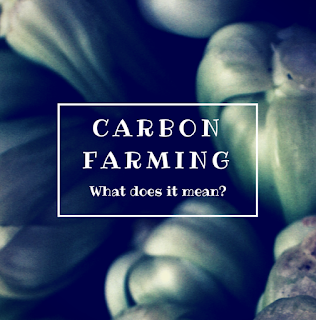Energy, Environment & Agriculture Partner, Melanie Findlay has been closely following the proposed changes to the Environmental Protection (Chain of Responsibility) Amendment Bill 2016.
From identifying concerns with regards to the wording of "related persons" in the draft bill to speaking at the Infrastructure, Planning and Natural Resources Committee's examination of the Mineral and Other Legislation Amendment Bill 2016, Melanie has been supporting landowner's rights.
On 21 April 2016, the State Government passed the Environmental Protection (Chain of Responsibility) Amendment Bill 2016 which protects landowners rights.
Queensland Law Society President Bill Potts has been quoted as saying
"It would have been an injustice for these people [landowners] to have been potentially responsible for the environmental clean-up of projects on their land, especially if it wasn't of their choosing."
"QLS is also pleased that a statutory guideline is to be developed to constrain the use of these powers and best direct them to ensuring polluters clean up their own mess."Read the full media release "QLS says environmental clean-up reform amendments a win for Queensland".









